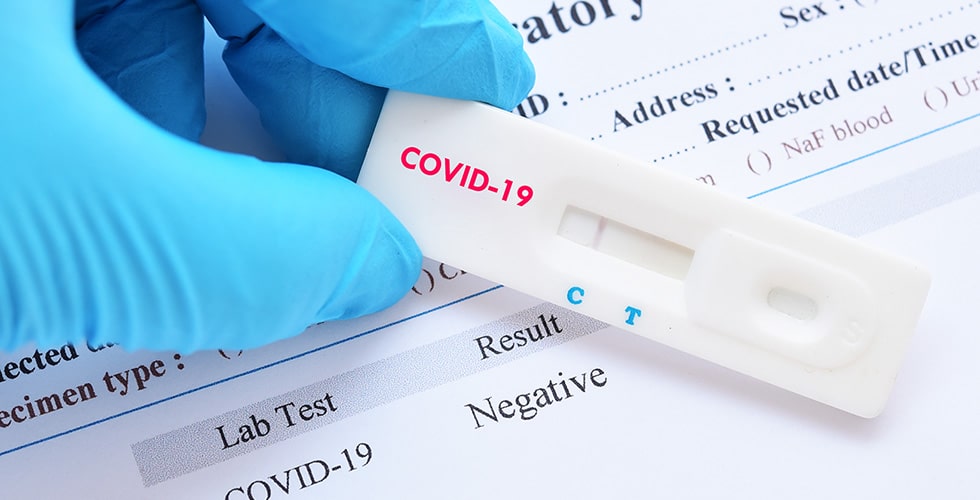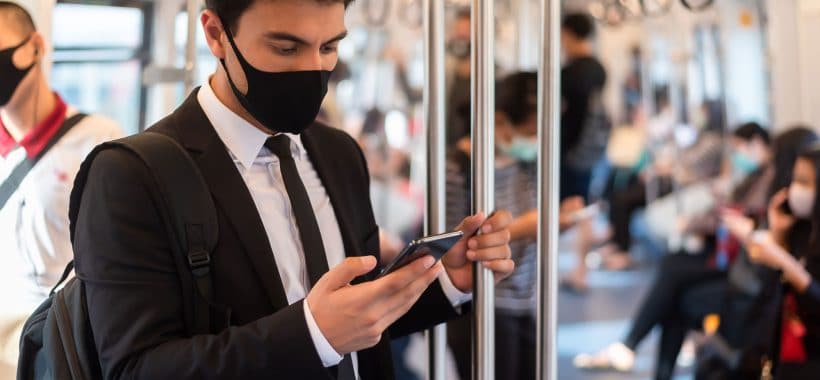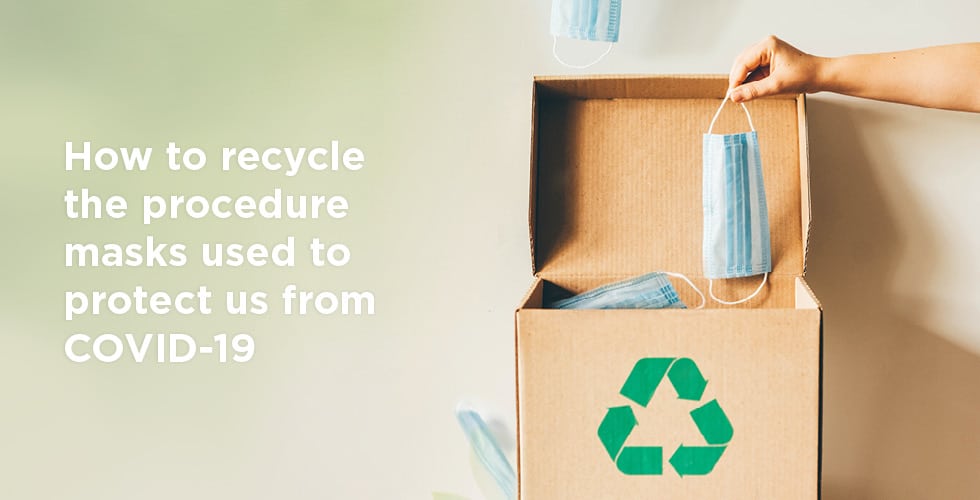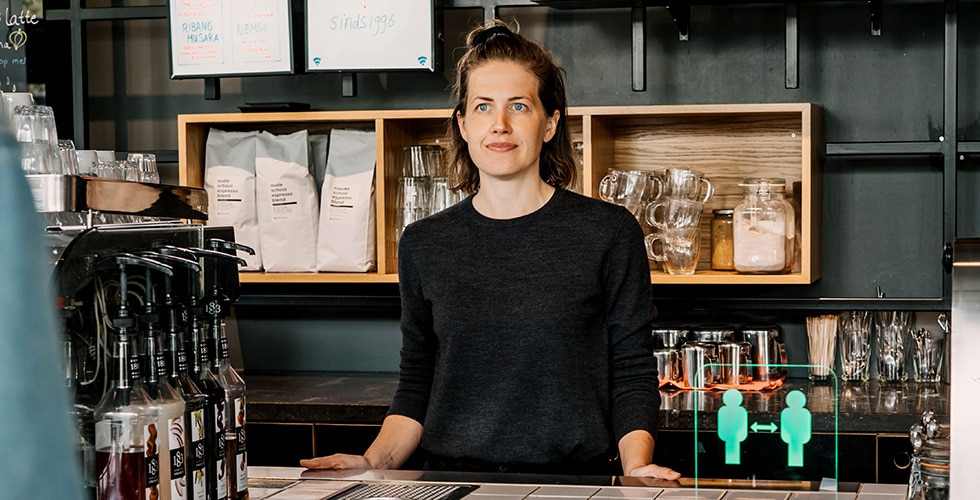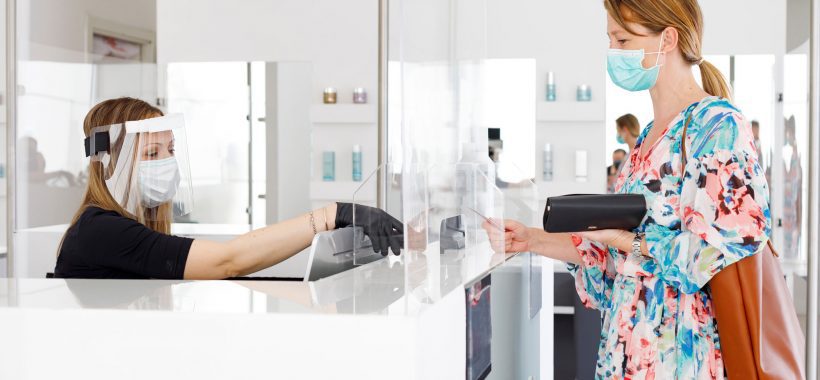Social distancing: what exactly is it?
There are many things we can do to prevent the spread of COVID-19 (coronavirus): wash our hands, cough into our elbow, avoid touching our face, stay home if we feel sick, distance ourselves from others and wear a protective mask. But what is social distancing?
These frequently asked questions explain how to practice social distancing to protect yourself, your loved ones, and your community. At EPI Canada, we are the specialists in personal protective equipment and we have launched two new products that allow respect for social distancing and respect for the 2 meters distance needed between persons. General information about social distancing.
What is Social Distancing?
Social distancing is the deliberate reduction of close contact between people. Social distancing means:
- Stay outside the “gathering parameters”.
- Avoid mass gatherings.
- Maintain a distance of 2 meters between ourselves and others when possible.
Why is social distancing important?
Social distancing is crucial to prevent the spread of contagious diseases such as COVID-19 (coronavirus). COVID-19 can be spread through coughing, sneezing and close contact. By minimizing the amount of close contact, we have with others, we reduce our risk of catching the virus and passing it on to our loved ones and within our community.
For whom is social distancing important?
Social distancing is important to all of us, but those of us who are at higher risk of serious complications from COVID-19 should be especially careful about social distancing. People at high risk for complications include:
- The elderly.
- People with serious chronic conditions such as heart disease, diabetes, and lung disease.
What is flattening the curve and what does it have to do with social distancing?
Flattening the curve means reducing the number of people who are sick at the same time. If there is a large increase in the number of COVID-19 cases at the same time, health care systems and resources could be overwhelmed. Efforts that help prevent the rapid spread of COVID-19, such as social distancing, help keep the number of sick people as low as possible.
When should I practice social distancing?
The best time to start social distancing is before a disease like COVID-19 spreads in your community. Each community’s situation is unique, so it is important to follow the advice of local government, health departments and healthcare providers. The advice below applies if you have no symptoms, and you are reasonably confident that you have not been exposed to COVID-19. Always follow the advice of local government, health departments and your healthcare providers.
How can I practice social distancing in the workplace?
When possible, it is essential to keep 2 meters between yourself and others. It’s also important to practice other preventative measures such as washing your hands, avoiding touching your face, coughing into your elbow, staying home if you feel sick, and wearing a mask. Depending on your job and the situation in your community, working from home may be an attractive option. Always follow local guidelines. Obviously, getting distancing badges like our EGID social distancing badge is the most recent way in terms of technology to respect the 2 meters distance, and this, in a courteous way.
How can my child practice social distancing at school or college?
Many schools and universities have postponed in-person classes and moved to online instruction for the rest of the school year. It is important to follow local advice, as each community’s situation is unique. It is important for people of all ages to follow preventative measures, including staying 2 meters away from others, avoiding touching your face, washing your hands, coughing into your elbow, and wearing a mask.
Should I be worried about going to the grocery store?
Wherever large numbers of people congregate, there is a potential risk of disease transmission. When visiting the grocery store, keep 2 meters between yourself and others and use prevention techniques such as avoiding touching your face, washing your hands and wearing a face covering or mask. If possible, visit businesses at less busy times.
Is it dangerous to use public transport?
If you can, self-driving, walking to work, or working from home can help reduce the number of people using public transportation, which benefits you and your community. In all these situations, it is very important to keep a distance between yourself and others in addition to practicing the other preventive measures.
Should I stop going to restaurants and bars?
Currently in Quebec, restaurants and bars are closed in several areas until further notice. Always follow local guidelines. Avoiding public places as much as possible helps prevent the spread of disease. If eating out is a non-essential activity, it’s usually in your best interests and those of your loved ones to avoid it.
Can I still go to the gym?
Currently in Quebec, gyms are closed until further notice. Always follow local guidelines.
Should I stop visiting my elderly relatives and friends?
Older people are at high risk for serious complications from COVID-19. It is crucial to limit their exposure as much as possible to those who may be sick or who may be carriers of the disease. This is a great opportunity to try other connection methods, like phone or video.
What about social distancing with other members of my family?
It is almost impossible to avoid close contact within a household and social distancing is mainly focused on large groups. However, if someone in your household is sick, it is important to minimize close contact with them as much as possible.
Should I stop meeting 1 or 2 friends? Should I stop dating them?
Public health prohibits us at this time any gathering. Now might be a good time to consider other methods of meeting, either by phone or video.
If I avoid in-person meetings, how can I stay in touch with others?
There are many ways to communicate with our friends: phone calls, text messages, emails and videos are great options. If physical social distancing is important to our health, so is social interaction. Trying other ways to stay in a relationship is a good way to take care of your emotional health.


